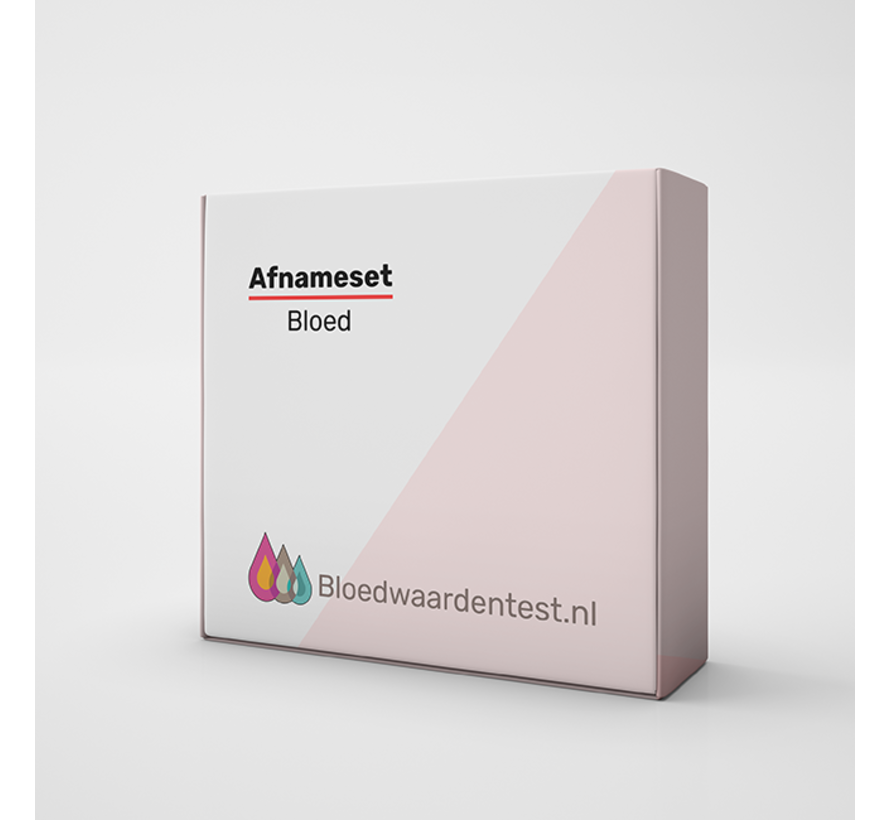Lithium control for psychiatrists
Measuring lithium levels
This test measures the level of lithium in the blood. (Serum)
Lithium is an effective drug for treating patients with bipolar (manic-depressive) disorder. However, it is a drug with many, potentially serious side effects and a narrow therapeutic breadth. Regular monitoring of lithium concentration and regular monitoring for side effects should therefore take place.
Lithium use is supervised in most cases by a psychiatrist with extensive experience in the action and side effects of lithium. However, in the case of long-term use by psychiatrically stable patients, the care is sometimes left to the general practitioner. Non-psychiatrists must also remain alert to the side effects of lithium.
Therapy monitoring and assessment in lithium therapy,
Clarification of toxic lithium effects in muscle twitching, balance and movement disorders, drowsiness, convulsions, dehydration.
Therapeutic range: 0.5 - 1.2 mmol/l
- Toxic side effects: 1,5 mmol/l
- Dehydration and comatose state: 3.0 mmol/L
- Potentially lethal: 4.0 mmol/l
Lithium is excreted by the kidneys (increased with high sodium and water intake).
elimination half-life: approximately 14-33 hours.
Toxic side effects of 1.5 mmol/l: Muscle twitching, ataxia, drowsiness, convulsions, dehydration, coma
Bud decline about 12 hours after last lithium intake.





